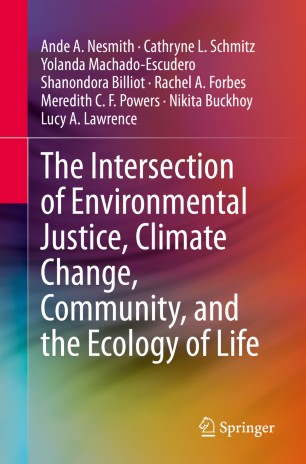

Most ebook files are in PDF format, so you can easily read them using various software such as Foxit Reader or directly on the Google Chrome browser.
Some ebook files are released by publishers in other formats such as .awz, .mobi, .epub, .fb2, etc. You may need to install specific software to read these formats on mobile/PC, such as Calibre.
Please read the tutorial at this link: https://ebookbell.com/faq
We offer FREE conversion to the popular formats you request; however, this may take some time. Therefore, right after payment, please email us, and we will try to provide the service as quickly as possible.
For some exceptional file formats or broken links (if any), please refrain from opening any disputes. Instead, email us first, and we will try to assist within a maximum of 6 hours.
EbookBell Team

4.8
84 reviewsThis book examines and encourages the increasing involvement of those in the social sciences, including social work, as well as everyday citizens, with environmental injustices that affect the natural ecology, community health, and physical and mental health of marginalized communities. The authors draw on their diverse experiences in research, practice, and education to suggest interdisciplinary strategies for addressing environmental justice, climate change, and ecological destruction on both a local and global scale.
This insightful work presents models for action, practice, and education, including field learning, with examples of how programs and schools have integrated and infused environmental justice content across their curricula. Environmental and ecological impacts on local communities as well as the whole ecology of life are examined. Models for engaging civic dialogue, addressing structural oppression, and employing other interdisciplinary responses to environmental injustices are provided.
Topics explored among the chapters include: